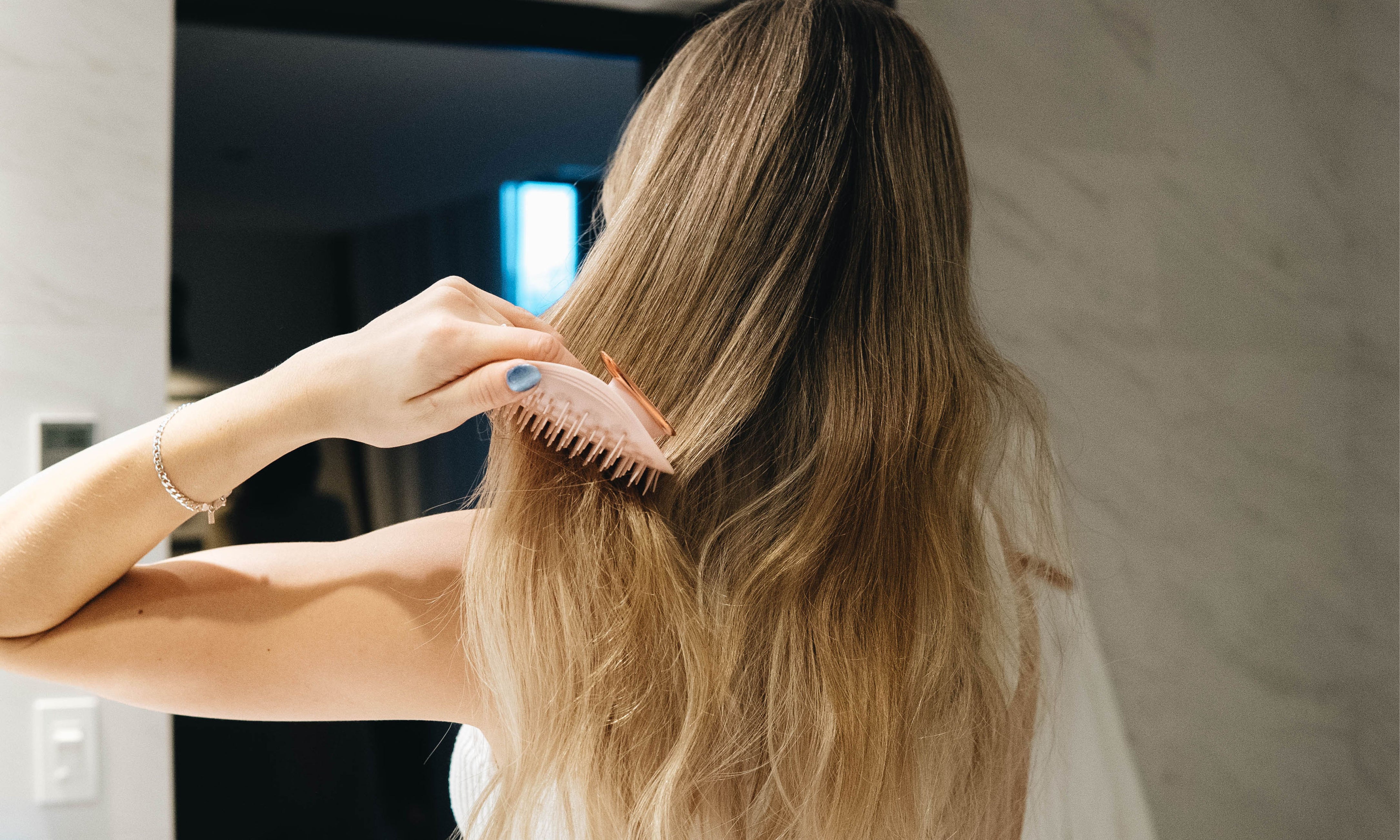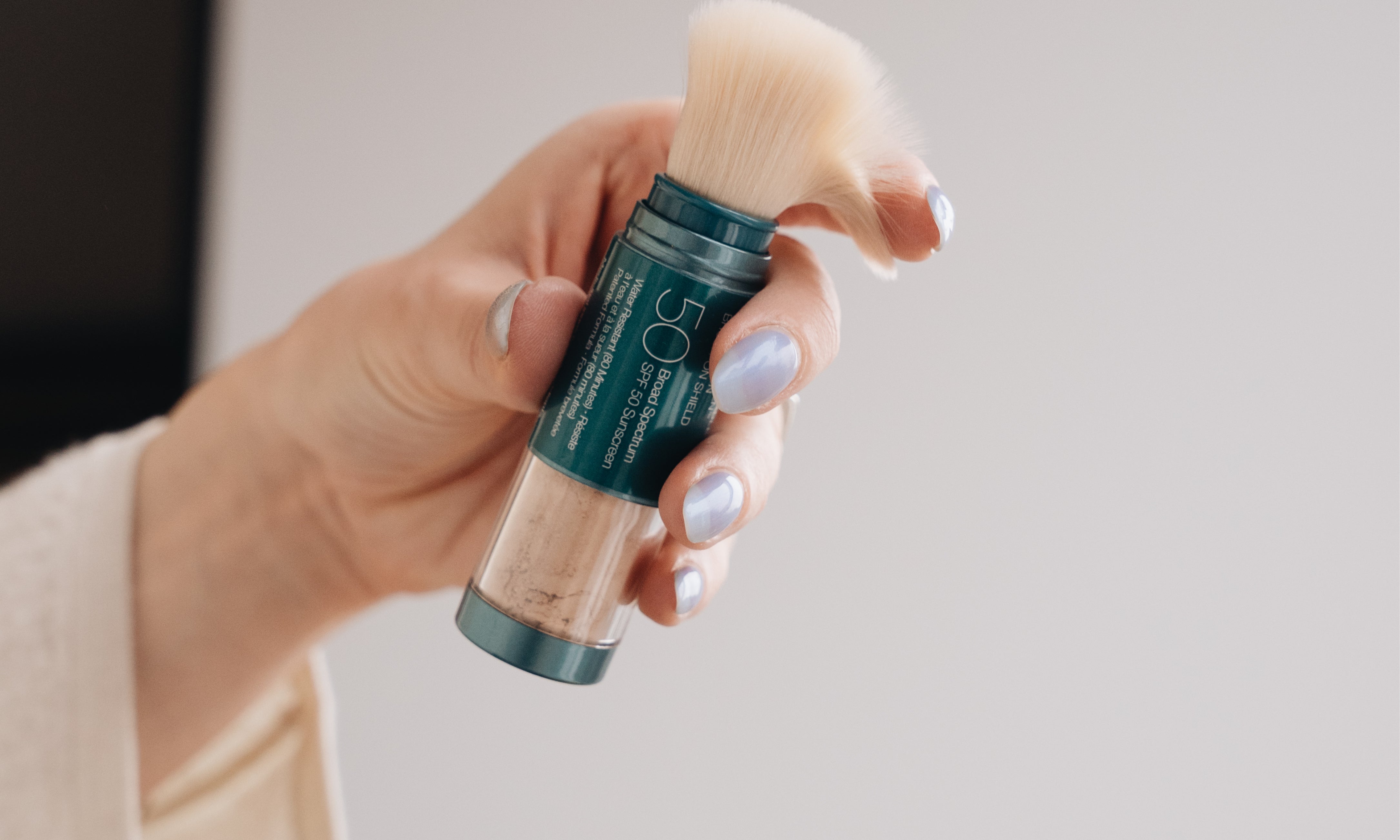
The Effects of Stress on Skin & Hair
Nobody is immune to stress. Even if you’re generally as cool as a cucumber, you are bound to occasionally feel the pressure that comes with the responsibility of being an adult (#adulting!) or just life in general.
That being said, while most forms of stress and anxiety aren’t exactly tangible, our bodies can exhibit physical symptoms as a result of life’s pressures. You see, stress triggers the hypothalamus-pituitary-adrenal (HPA) axis, a trio of glands that play key roles in the body’s response to stress. This triggered hormonal imbalance can lead to a few telltale signs of stress in our bodies, which can help us better understand why we are experiencing sudden hair loss or unexpected skin changes!
SKIN
Stress can physically manifest itself in a multitude of skin conditions. Depending on your skin type, you may experience one of the following:
- Breakouts. When you feel stressed, your body produces more of the stress hormone called cortisol. Cortisol causes a part of your brain called the hypothalamus to produce a hormone called corticotrophin-releasing hormone (CRH), which stimulates oil release from sebaceous glands. Excessive oil production by these glands can clog your pores and exacerbate acne.
- Eczema: Excess oil on the skin can also trigger an eczema outbreak. Stress also makes it harder for your skin to recover from irritation and skin damage, so not only can stress cause eczema, it can also make eczema outbreaks last longer!
- Psoriasis: Psychological stress can also disrupt the epidermal barrier — the top layer of the skin that locks in moisture and protects us from harmful microbes. Because stress can also weaken your immune system and your immunity is directly linked to your gut health, an imbalance of good gut bacteria can lead to the development of dry, red and inflamed skin or even rashes.
HAIR
While it is entirely normal to be shedding hair on a daily basis, if you find yourself cleaning out more strands than usual in your hairbrush and shower drain, you may be under a bit of tension.
Stress can cause your hair’s turnover cycle to accelerate. Essentially, it can push hair follicles into an earlier “resting” phase so that they don't produce new hair strands. Over time, these hairs can fall out easily, even if you're just gently washing. Chronic stress can also disrupt your hair’s growing cycle and lead to a condition called telogen effluvium, also known as excessive hair loss.
And again, due to an increase in cortisol, you may also find yourself needing to wash your hair more frequently as your scalp produces more oil!
IN CONCLUSION
Evidently, reducing stress levels should help to alleviate damaging effects on both skin and hair. Healthy lifestyle habits, including a well-balanced combination of rest, nourishing foods, and exercise, help to regulate stress hormones in the body. In turn, this should have a positive effect on skin and hair.
Other good practices include treating direct symptoms, such as applying soothing creams over unexpected rashes; cleansing your face twice a day; drinking plenty of water; taking a probiotic; avoiding using your fingernails on your scalp and following your skincare basics.
On that note, make sure you’re giving your body what it needs!
The BSE Team











Leave a comment